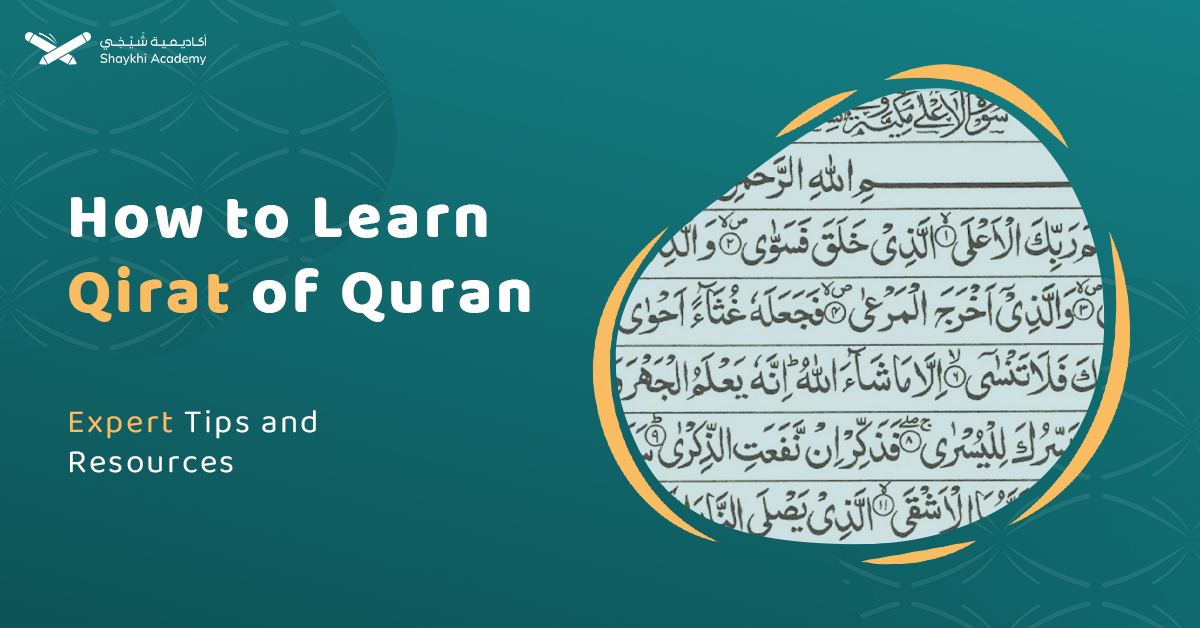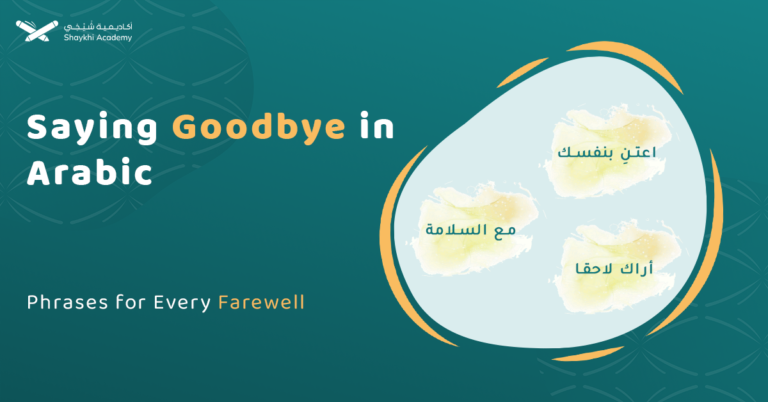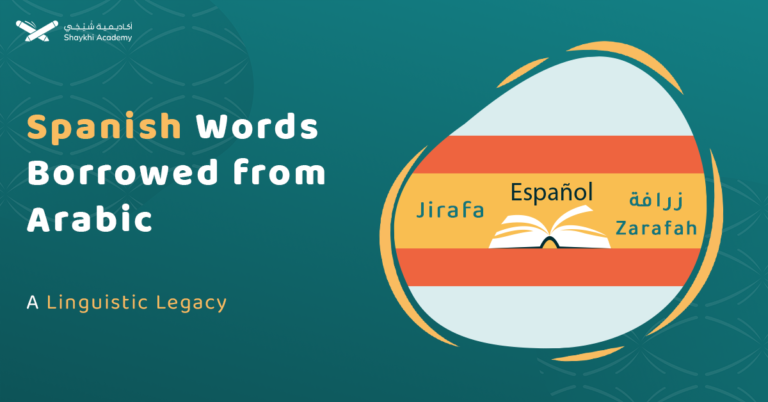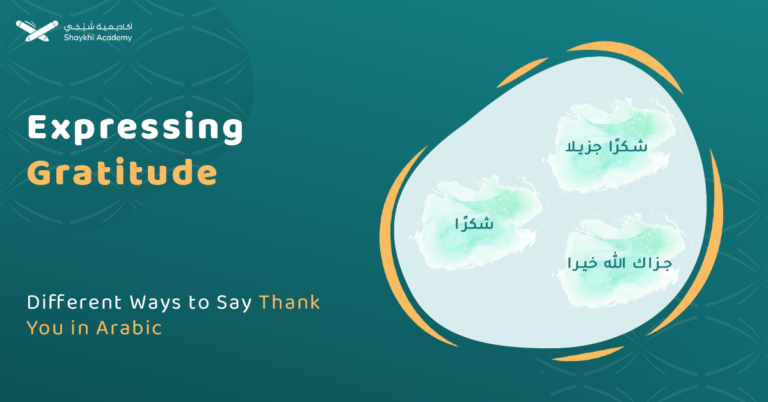Learning Qirat is significant for understanding the Quran’s depth and nuances, as different recitations can offer varied meanings and interpretations. The process typically involves mastering one’s initial Qira’ah, studying the Matn of Shatibiyyah for foundational rules, and seeking guidance from qualified teachers to ensure proper recitation and application of Tajweed rules.
Every Muslim knows that the Holy Quran is the divine book revealed to us, and naturally, it must be recited exactly as it was revealed. The method by which Muslims recite the Quran correctly is called “qira’ah,” and the plural form is “Qirat.
In this article, we will delve into what the Qira’at of the Quran are and how you can learn them.
What is the Qirat of the Quran?
The Qira’ah of the Quran refers to the method by which Muslims recite the Quran correctly, with the plural form being Qirat. There are 10 different types of Qirat, which we will explain in this article.
The Qirat of the Quran refers to the various methods of reciting the Quran correctly, with the plural form being Qira’at. These recitation styles stem from the different dialects (Ahruf) in which the Quran was revealed, allowing for diverse pronunciations and grammatical structures.
There are ten recognized types of Qirat, each rooted in the original seven Ahruf, which ensures that the Quran is accessible to all Muslims, reflecting their linguistic backgrounds while preserving its core messages.
What is Ahruf In Qirat?
The Quran was initially revealed in multiple dialects, known as Ahruf, reflecting the different ways Arabic was spoken at the time. There are seven original Ahruf, which led to the development of various Qirat.
When the Quran was revealed, there were various variations of Arabic language because people at that time spoke Arabic with different pronunciations, spellings, and even grammatical structures. As a result, the Quran was read in several ways, known as Ahruf with the singular forms being harf. The Quran was revealed and recited in seven different Ahruf.
All these variations are traced back to the prophet Mohammed peace be upon him.
When we use the term “Qira’ah,” we are referring to the various methods by which Muslims recite the Quran correctly. These Qirat are based on the choices made by Qira’ah masters, who selected specific recitations rooted in the seven Ahruf.
What are the types of Quran Qirat?
There are 10 various types of Quran Qirat. For example, in Surah Al-Fatiha, one of the Qirat pronounces the word مَٰلِكِ as Maleek with an Alef (ا), while in another qira’aah, it is recited as Malek without the Alef. Similarly, the word صِرَٰطَ is recited as Siraat with the letter Saad (ص) in one qira’aah, and as Seraat with the letter Seen (س) in another qira’aah.
These differences reflect the rich diversity in pronunciation and structure, all while preserving the essence and message of the Quran.
There are ten types of Qirat:
- Nafiʽ al-Madani recitation.
- Ibn Kathir al-Makki recitation.
- Abu Amr of Basra recitation.
- Ibn Amir ad-Dimashqi recitation.
- Aasim ibn Abi al-Najud recitation.
- Hamzah az-Zaiyyat recitation.
- Al-Kisa’i recitation.
- Abu Jaafar al-Madani recitation.
- Yaqoub al-Hadrami recitation.
- Khalaf ibn Hisham recitation.
With one of the most well-known being that of ‘Aasim al-Kufi. He was a master of Qirat and taught two students, each of whom recited in a slightly different way—Hafs and Shuba.
As a result, you may come across the recitation known as Hafs from ‘Aasim or Shuba from ‘Aasim.
Similarly, another famous Qira’ah is that of Nafi’. His students, Warsh and Qaloon, each recited differently. Therefore, you may hear of the Qira’ah Warsh from Nafi’ or Qaloon from Nafi’.
How do I learn the Qirat of the Quran?
First As we mentioned earlier, learning the Quran and Qirat is a noble goal. However, every journey must begin with a first step.
1. Start by mastering your qira’ah
The first step on this path is to master the qira’ah you already use to recite the Quran. For example, if you recite in the style of Hafs from Aasim, your priority should be to perfect it by mastering both your recitation and memorization, following the rules of Tajweed.
2-Study and master the Matn of Shatibiyyah
The second step is to study and master the Matn of Shatibiyyah. A Matn is a form of poetry that contains the rules of various Qirat, making them easier to memorise. This Matn was authored by Imam Al-Shatibi.
3- Listen to different types of qirat
During your study of the Matn, we recommend listening to different types of Qirat to help you become familiar with them. This will make the process of mastering them much easier.
4- Seeking a qualified teacher
After mastering your first qira’aah, we recommend seeking a qualified Shaykh (teacher) to help correct your recitation and ensure you apply the rules of Tajweed accurately. This guidance will support you as you master one qira’aah after another. You can find such qualified teachers at Shaykhi Academy.
5- Practice Regularly
Incorporate regular practice into your learning routine. Recite daily to strengthen your memory and improve your pronunciation. Consider dedicating specific times for recitation, and gradually introduce new Qira’at to keep your learning engaging.
6- Use Online Resources
Take advantage of online resources and courses that specialize in Quranic recitation. Many platforms offer videos, tutorials, and interactive sessions that can enhance your understanding of different Qira’at and provide you with diverse examples.
7- Join Study Groups
Participate in study groups or local classes where you can learn with others. This collaborative environment fosters motivation and allows you to practice your recitation with peers, receive constructive feedback, and share knowledge.
8- Record Yourself
Recording your recitations can be a useful tool for self-assessment. Listening to your recordings helps identify areas for improvement, allowing you to track your progress and make necessary adjustments in your pronunciation and fluency.
9- Focus on Tajweed Rules
Prioritize mastering Tajweed rules as you learn different Qira’at. Understanding the nuances of pronunciation, elongation, and articulation will enhance the quality of your recitation and ensure adherence to the Quran’s intended phonetics.
10- Be Patient and Consistent
Learning Qira’at is a gradual process, so be patient with yourself. Consistency is key; aim for daily practice and steady progress rather than rushing through the material. Seek Allah’s help in your journey, and remember that perseverance will lead to success.
Quran?
As a Muslim, you may wonder why you should put in the effort to learn the Qirat of the Quran. To answer this, let’s explore the importance of learning the Quran’s Qirat. First, it’s essential to note that learning Quranic Qirat is a fard kifayah (collective obligation), meaning if a group of Muslims fulfils it, others are not obliged to.
However, the importance of learning Qirat can be recognised in the following points:
1-Gaining the honor
By learning the Qirat, you gain the honor of mastering different ways to recite the Quran, an honor derived from the Quran itself.
2-Investing your time
You’ll invest your time in one of the noblest sciences, dedicating time to listening, practicing, and reciting the Quran.
3-Benefit your Ummah
Additionally, you’ll benefit the Ummah. In places where this knowledge is scarce, your learning will enable you to teach others and spread these different recitation methods.
Benefits of Quranic Qirat
Before delving into the significance of Quranic Qirat benefits , let’s reflect on the beautiful meaning behind this hadith:
I heard Hisham bin Hakim bin Hizam reciting Surat-al-Furqan in a way different to that of mine. Allah’s Messenger (peace be upon him) had taught it to me (in a different way).
So, I was about to quarrel with him (during the prayer) but I waited till he finished, then I tied his garment round his neck and seized him by it and brought him to Allah’s Messenger (peace be upon him) and said, “I have heard him reciting Surat-al-Furqan in a way different to the way you taught it to me.”
The Prophet (peace be upon him) ordered me to release him and asked Hisham to recite it. When he recited it, Allah s Apostle said, “It was revealed in this way.” He then asked me to recite it. When I recited it, he said, “It was revealed in this way. The Qur’an has been revealed in seven different ways, so recite it in the way that is easier for you.”
So, let’s highlight some of the benefits of the Qirat.
1- Making recitation easier for the Muslim Ummah
Over 1,400 years ago, Arabs spoke different dialects and had varied pronunciations. When Allah revealed the Quran to Prophet Muhammad (peace be upon him), He instructed him to spread it to all people. The different Qirat made it easier for everyone to recite the Quran according to their own linguistic background, allowing each person or group to read it comfortably.
2- Increase in meaning
Some words in one qira’ah may have a different meaning from those in another. This difference can also show a distinct Islamic ruling or interpretation.
3- Highlighting the Quranic miracle
Although there are differences in Qirat, no contradictions can be found in the Holy Quran, proving its divine protection.
What is the importance of learning the Qirat of the How long does it take to learn Qirat?
First and foremost, you should know that learning and memorising the Quran is the most blessed and noble journey you can embark on. It will bring blessings to your time, your life, and the hereafter, inshaAllah. Be patient and always seek Allah’s help, subhanahu wa ta’ala.
Since individuals differ, it’s difficult to pinpoint exactly how long it takes to master a qira’aah. However, a general timeframe of three to five years is common for mastering your first qira’aah. After that, you can progress to learning another. This naturally leads us to the next question: how can you master your qira’aah? We’ll address that in the following paragraph.
What should you expect from a Qirat course?
A qualified Quran teacher should hold an Ijazah, which signifies that they have recited the Quran as it was revealed to the Prophet Muhammad (peace be upon him). They must also have mastered all the types of Qirat they will teach. You can find such teachers at Shaykhi Academy.
The teacher (Shaykh) will guide you in perfecting your recitation, correcting any Tajweed mistakes, and assisting you with memorisation and revision of the Quran. They will also supervise your progress, ensuring that you fully master each qira’aah.
Unlock the Path to Quranic Mastery with Shaykhi Academy!
Are you seeking the finest Quranic education right from the comfort of your home? Look no further! Shaykhi Academy stands out as a premier online Quran learning platform, dedicated to providing exemplary education to both children and adults.
Why Choose Shaykhi Academy?
- Connect with highly qualified native tutors.
- Flexible scheduling to suit your busy lifestyle.
- Affordable classes tailored for all levels.
- Accessible from anywhere around the globe.
Discover Our Range of Courses:
- Arabic Noorani Qaida: Lay a solid foundation for Quranic studies.
- Online Quran Classes for Kids: Engaging lessons for lifelong learning.
- Tajweed Rules for Kids: Learn to recite with confidence.
- Quran Hifz for Kids: Step-by-step guidance to memorize the Quran.
- Quran for Adults: Introduce yourself to Quran reading and Tajweed rules.
- Online Arabic Courses: Master the language of the Quran.
- Islamic Studies: A wide range of topics related to Islam, including theology, law, Quranic studies, and Hadith.
Don’t Miss Out on Your Chance to Excel!
Whether you’re a beginner or seeking advanced knowledge, Shaykhi Academy can guide you! Book your free trial now and make Ramadan 2024 your Quranic turning point!

Conclusion
The method by which Muslims recite the Quran correctly is called “qira’aah,” and the plural form is “Qira’at.” The Quran was revealed and recited in seven different Ahruf or Qirat. For example, in Surah Al-Fatiha, one of the Qirat pronounces the word مَٰلِكِ as Maleek with an Alef (ا), while in another qira’aah, it is recited as Malek without the Alef.
some of the benefits of the Qirat are Making recitation easier for the Muslim Ummah,Some words in one qira’ah may have a different meaning from those in another, Although there are differences in Qirat, no contradictions can be found in the Holy Quran, proving its divine protection.
By learning the Qirat, you gain the honour of mastering different ways to recite the Quran, You’ll invest your time in one of the noblest sciences, dedicating time to listening, practising, and reciting the Quran, Additionally, you’ll benefit the Ummah.
a general timeframe of three to five years is common for mastering your first qira’aah.
mastering the qira’aah you already use to recite the Quran, study and master the Matn of Shatibiyyah, listening to different types of Qirat, seeking a qualified Shaykh (teacher) to help correct your recitation and ensure you apply the rules of Tajweed accurately are steps to master your qira’aah.


















































